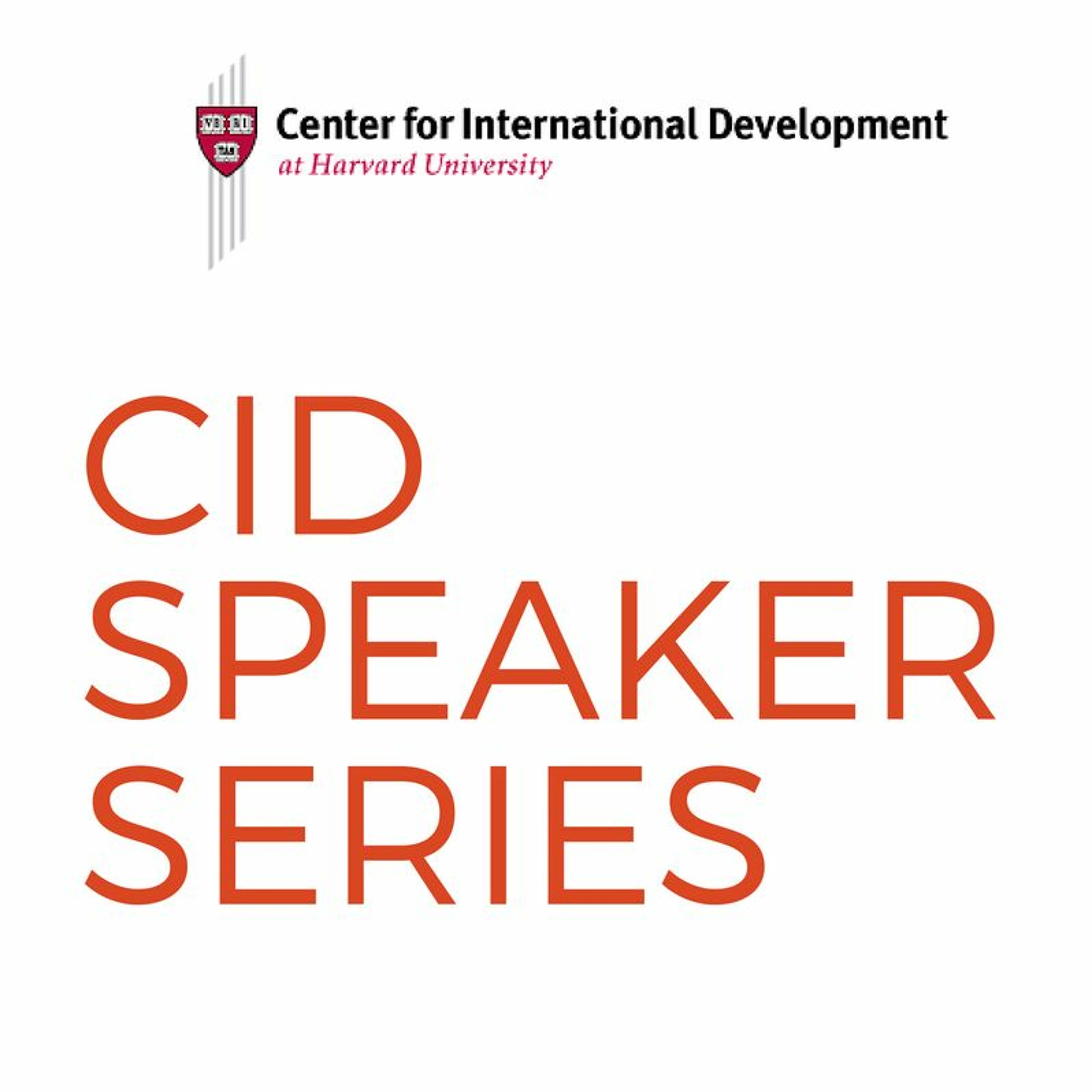Using and Generating Evidence for Policymaking: Security Interventions in Bogota

b'This week, CID Senior Research Fellow Thomas Abt interviews Daniel Mejia, Secretary of Security of Bogota, and Chris Blattman, Professor at University of Chicago\\u2019s Harris School of Public Policy. Daniel and Chris discuss how they used and generated evidence for policymaking with regard to security interventions in the city of Bogota. \\n// www.cid.harvard.edu //\\nInterview recorded on April 6th, 2018.\\n\\nAbout Daniel Mejia: Daniel is Secretary of Security of Bogota, Colombia, where he is in charge of leading security and justice policies in the city of Bogota. Before becoming the first Secretary of Security of Bogota, Daniel was Associate Professor in the Department of Economics and Director of the Research Center on Drugs and Security (CESED) at Universidad de los Andes in Bogota, Colombia, where he taught since 2006. He received a BA and MA in Economics from Universidad de los Andes and a MA and PhD in economics from Brown University. Prior to joining Universidad de los Andes he worked as a researcher at the Central Bank of Colombia and Fedesarrollo. Daniel he has been actively involved in a research agenda whose main objective is to provide independent economic evaluations of security and anti-drug policies implemented in Colombia. In 2008 he was awarded Fedesarrollos\\xb4s German Botero de los R\\xedosprize for economic research. Daniel has designed and evaluated different interventions aimed at reducing crime in cities such as Medellin, Bogota and Cali. Among these, Daniel designed (together with the National Police and the Ministry of Defense) a hotspots policing intervention in Medellin and carried out an independent evaluation of this intervention. Also, he has evaluated the effects of the installation of CCTV cameras on crime in Medellin and the effects of the restriction of alcohol sales on crime in Bogota. Daniel, together with Alejandro Gaviria, published in 2013 the book \\u201cPol\\xedticas antidroga en Colombia: \\xe9xitos, fracasos y extrav\\xedos\\u201d (Anti-drug policies in Colombia: successes, failures and lost opportunities) at Universidad de los Andes, in Bogota. Between 2011 and 2012, Daniel was a member of the Advisory Commission on Criminal Policy and more recently he was the President of the Colombian Government\\xb4s Drug Policy Advisory Commission. In March 2015 Daniel was awarded the Juan Luis Londo\\xf1o prize, awarded every other year to the best Colombian economist under 40.\\n\\nAbout Chris Blattman: Chris Blattman is the Ramalee E. Pearson Professor of Global Conflict Studies at The University of Chicago\\u2019s Pearson Institute and Harris Public Policy. He is an economist and political scientist who studies poverty, violence and crime in developing countries. He has designed and evaluated strategies for tackling poverty, including cash transfers to the poorest. Much of his work is with the victims and perpetrators of crime and violence, testing the link between poverty and violence. His recent work looks at other sources of and solutions to violence. These solutions range from behavioral therapy to social norm change and local-level state building. He has worked mainly in Colombia, Liberia, Uganda, Ethiopia, and Chicago\\u2019s South Side. Dr. Blattman was previously faculty at Columbia and Yale Universities, and holds a PhD in Economics from UC Berkeley and a Master\\u2019s in Public Administration and International Development (MPA/ID) from the Harvard Kennedy School. He chairs the Peace & Recovery sector at Innovations for Poverty Action (IPA) and the Crime, Violence and Conflict initiative at MIT\\u2019s Poverty Action Lab (JPAL).'